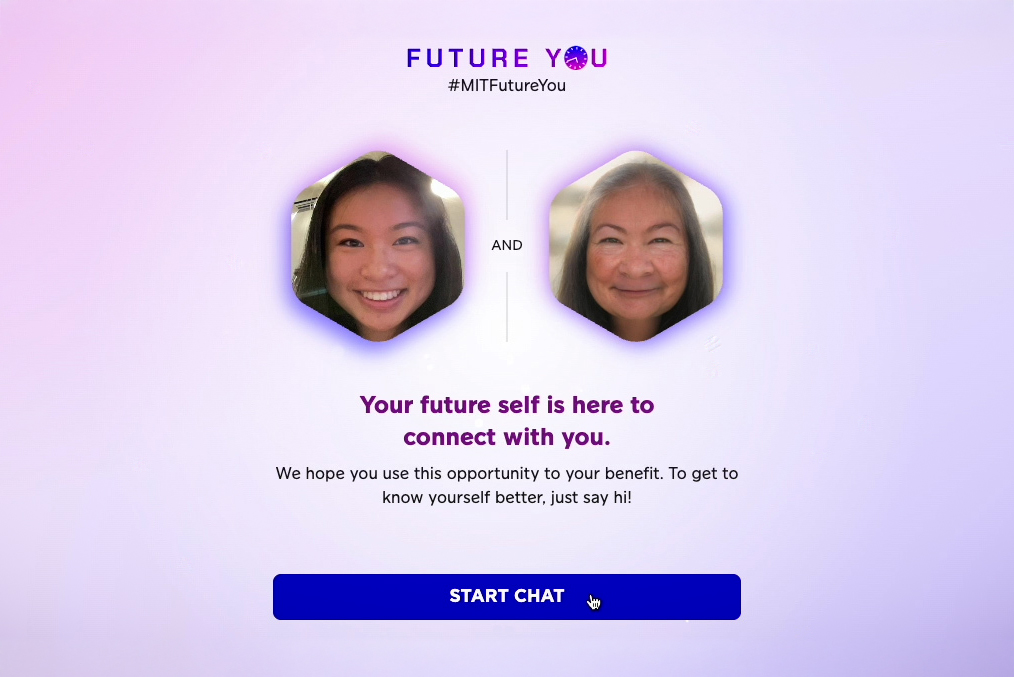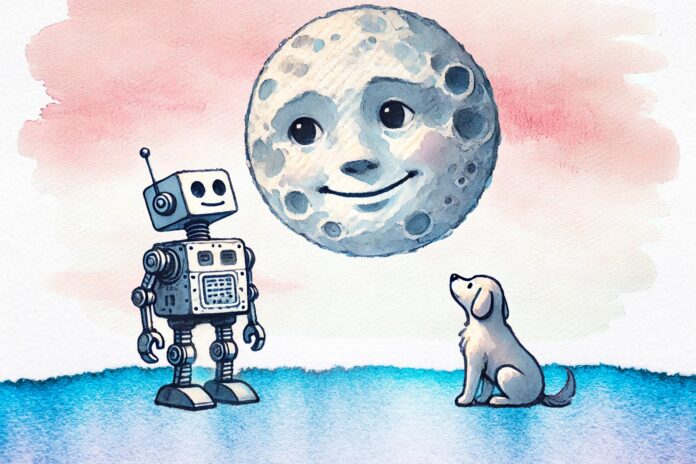In Short:
Researchers from MIT have developed an AI program called Future You, allowing people to chat with a simulated version of their future selves. This tool aims to enhance young people’s connection to their future, aiding in better decision-making. Initial studies show that using Future You reduces anxiety and encourages self-reflection, offering personalized insights on life goals and choices.
A new innovation in generative AI allows individuals to experience a conversation with a simulated version of their future selves, potentially transforming how they perceive their long-term goals. The system, known as Future You, has been developed by researchers from MIT and other institutions, aiming to enhance young individuals’ sense of future self-continuity. This psychological concept refers to the extent to which individuals feel connected to their future selves.
Studies have demonstrated that a stronger sense of future self-continuity can significantly influence long-term decision-making, affecting areas such as financial savings and academic pursuits. Future You employs a large language model that utilizes user-provided information to create a relatable virtual version of the user at age 60. This simulation can engage in discussions about potential future scenarios and offer insights on paths the user could take.
Initial Findings
In preliminary user studies, participants who interacted with Future You for approximately 30 minutes reported reduced anxiety levels and a heightened sense of connection with their future selves. Pat Pataranutaporn, a doctoral graduate from the Media Lab at MIT and co-lead author of a paper on Future You, remarked on the technology’s potential: “We don’t have a real time machine yet, but AI can be a type of virtual time machine. We can use this simulation to help people think more about the consequences of the choices they are making today.”
Pataranutaporn collaborated with co-lead authors Kavin Winson from KASIKORN Labs and Peggy Yin, an undergraduate at Harvard University, along with other contributors from KASIKORN Labs and senior authors from various institutions. Their research will be presented at the IEEE Conference on Frontiers in Education.
How It Works
The system utilizes generative AI to facilitate an interactive experience, contrasting with previous, less engaging methods. This allows for substantive discussions regarding the user’s goals and aspirations. Pattie Maes, a professor at MIT, emphasized the realism of the simulation: “Future You is much more detailed than what a person could come up with by just imagining their future selves.” Users start by answering questions about their current lives, significant values, and future ambitions.
Through this interaction, the AI creates “future self memories” that serve as a personalized backstory. The chatbot can discuss highlights of the user’s projected career or how they might confront specific challenges. This is made possible by extensive data on personal narratives surrounding life experiences.
The engagement framework encourages users to reflect on their lives (introspection) and assess if the simulation aligns with their envisioned selves (retrospection). Yin elaborated, “You can imagine Future You as a story search space, offering insights on how emotionally charged experiences could be recontextualized over time.” Additionally, to aid visualization, the system generates an age-progressed photo of the user and uses conversational phrases that enhance the realism of the interaction.
Implications and Future Directions
The researchers conducted a study involving 344 participants, where those who interacted with Future You reported stronger connections to their ideal future selves, along with reduced anxiety regarding the future. The conversations were described as authentic, with participants noting that their values appeared consistent in the simulated identities.
As the researchers refine the system, they aim to guide user discussions toward meaningful topics rather than trivial inquiries. Additionally, measures are being implemented to prevent misuse of the platform, acknowledging the potential for biased applications, such as exploiting customer profiles to promote specific products.
Looking ahead, the team intends to explore specific applications of Future You, including career exploration and assessing the impact of daily choices on broader issues like climate change. They aim to accumulate data from pilot participants to better understand user interactions, emphasizing their goal of providing a transformative experience rather than fostering dependency on the tool. Maes concluded, “We hope it is a meaningful experience that helps them see themselves and the world differently, and supports self-development.”





